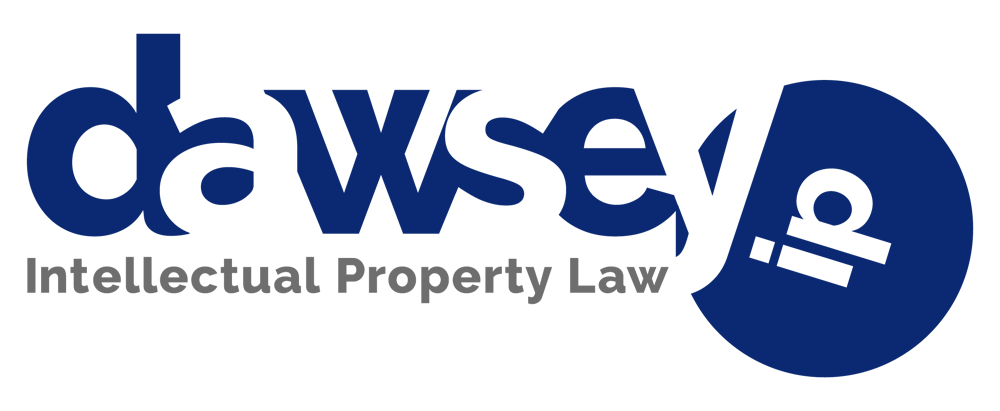
Public Performance of Copyrighted Material
© 2011, Dawsey Co., LPA
December 2011
Why should a business owner be concerned about the issue of a public performance of copyrighted material?
Imagine this nightmare – an innocent bar or restaurant allows its’ employees to bring their favorite CD’s from home to set a fun and convivial atmosphere. Out of the blue, they are hit with a copyright infringement suit demanding $150,000 in damages for each CD played; possibly totaling millions of dollars in damages. Without quick action, business ruination may be just a step away.
At times it may seem that where ever a person goes they are surrounded by music, whether it is from the radio, music in the elevator, or on hold while using the telephone. It almost seems that free music is natural right. But this is not the case; businesses must obtain a license for any public performance of copyrighted work.
Why should a business owner have to pay to publicly perform a copyrighted work? It is only natural that a person would expect to benefit from products created though their personal creativity. To help accomplish this aim, it is recognized that copyrighted materials are the legal property of their creators. Any business owner would stop selling a product if it resulted in a loss; likewise, authors of music, videos, art and plays would stop producing new material if it provided no benefit to them. An author’s compensation is partially derived from performance royalties. In fact, a music writer’s performance royalties are approximately 50 to 75% of the songwriter’s total compensation. Without compensation, songwriters and other artist could not make a living.
Businesses must obtain a license to publicly perform copyrighted works or face the possibility of legal remedies for violating a copyright owner’s performance rights. A business infringing a copyright rights faces rigorous civil penalties. Under Section §504 of the 1976 Copyright Act, the copyright owner or author has a choice of recovering: a) actual damages and any additional profits of the defendant; or b) statutory damages. For example, in a case of “innocent infringement,” the range is $200 to $30,000 per work, while in a case of “willful infringement,” damages can be increased to up to $150,000 per work.
Statutory damages are an important feature of the law, as they may be awarded on proof of infringement only; in other words, the copyright owner does not have to establish a loss, nor prove that the infringer made any profit. More importantly, there is no necessity to prove that the infringer was even aware of the copyright status. Under the Copyright Act §505, the courts are permitted to award costs against either party and to award reasonable attorney fees to the prevailing party. It is very important for businesses to obtain a license to publicly perform copyrighted works before doing so; otherwise financial disaster may ensnare them.
What exactly is the concept of copyright?
Copyright is a bundle of rights given to authors of all sorts of creative works: architectural works; audiovisual works; compilations; derivative works; dramatic works; literary works; musical works; pantomimes and choreographic works; pictorial, graphic, and sculptural works; and sound recordings. The bundle of rights includes: the right to reproduce a work; the right to prepare derivative works based upon the work; the right to distribute copies of the work to the public by sale or other transfer of ownership; the right to publicly display the work; and lastly, the right to publicly perform the work.
What is the difference between a private performance and a public performance of a copyrighted work?
A private performance is a performance of a copyrighted work experienced by oneself, one’s family or a small group of friends. A public performance, on the other hand, is a performance that occurs in any public gathering place. For example, a radio or television broadcast, internet performances and music-on-hold performances are all considered public performances.
A common question asked by businesses is, “If I buy a musical CD, DVD or sheet music, can I have it performed at my place of business?” The purchase of a CD or a DVD only gives a limited right to private performance. The rights to publicly perform the work still reside with the copyright owner and their permission must be obtained before the performance. This same principle applies to jukeboxes as well. A business that operates a jukebox must obtain a license through a Jukebox License Office (JLO) in order to legally use the jukebox. Under most circumstances a jukebox license is good for a year, and is fairly inexpensive to obtain.
Who issues a public performance license?
Imagine the complexity if businesses had to go to each copyright owner to get permission for every piece performed. As a result, three performing rights organizations grant performance licenses on behalf of songwriters, composers and music publishers. The three organizations are: The American Society of Composers, Authors and Publishers (ASCAP), Broadcast Music Incorporated (BMI), and the Society of European Stage Authors & Composers (SESAC).
ASCAP, BMI and SESAC are responsible for collecting licensing fees for performed works. The organizations distribute the fees as royalties to the respective owners of the works. ASCAP, BMI and SESAC each have their own repertoires of music. Consequently, a business needs to purchase a license from each organization which collects the fees for the songs being played. A business can determine which songs are in ASCAP’s, BMI’s and SESAC’s repertoires by doing a search on their respective websites.
Conclusion
Businesses must take the issue of getting a license to publicly perform copyrighted works seriously. It is the means in which authors get paid, but also businesses face both civil remedies, and monetary damages for violating a copyright owners’ performance rights. If it’s already too late for your business to avoid a copyright suit; get help immediately from a qualified copyright litigation firm to try to avoid the ruin of copyright damages!
